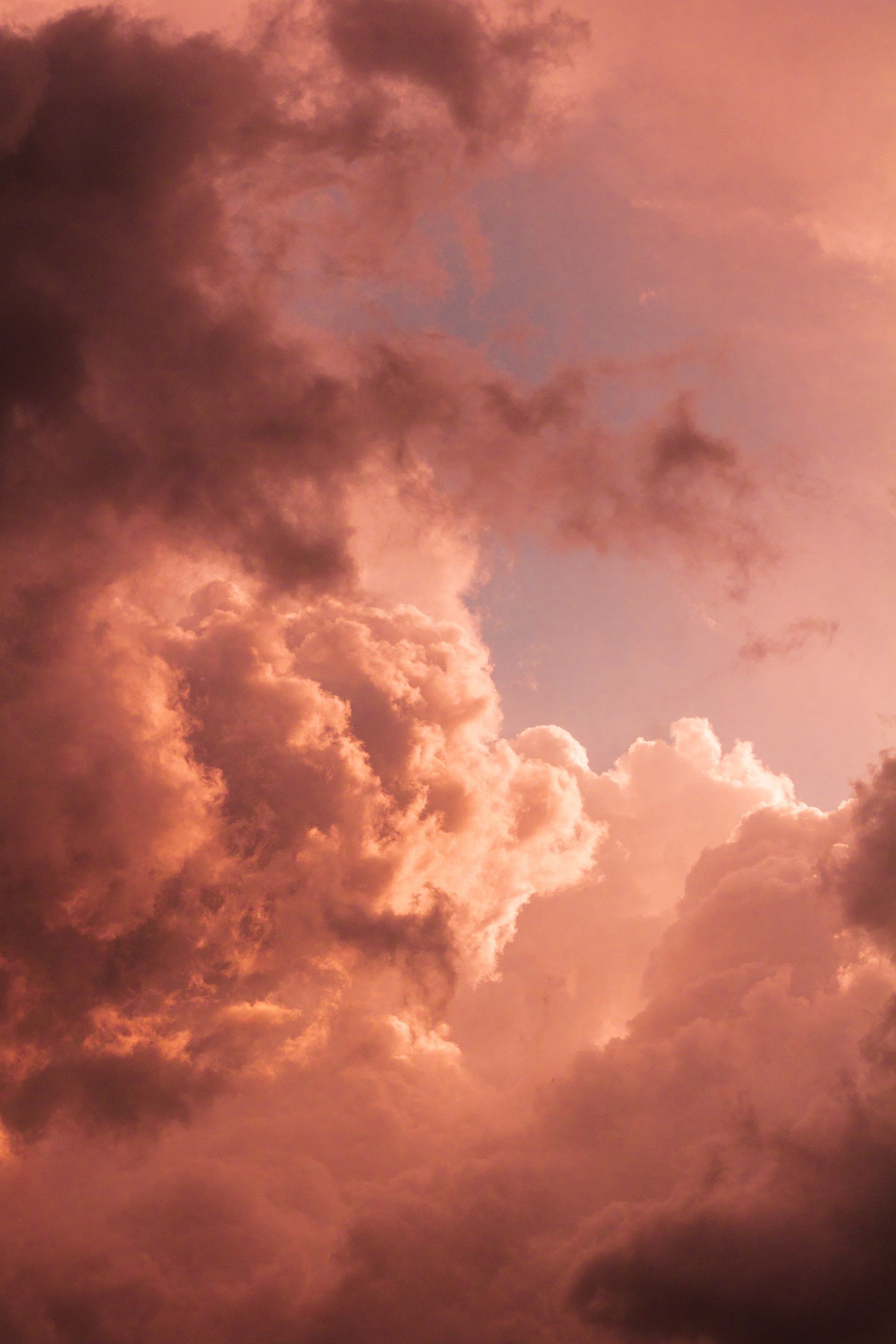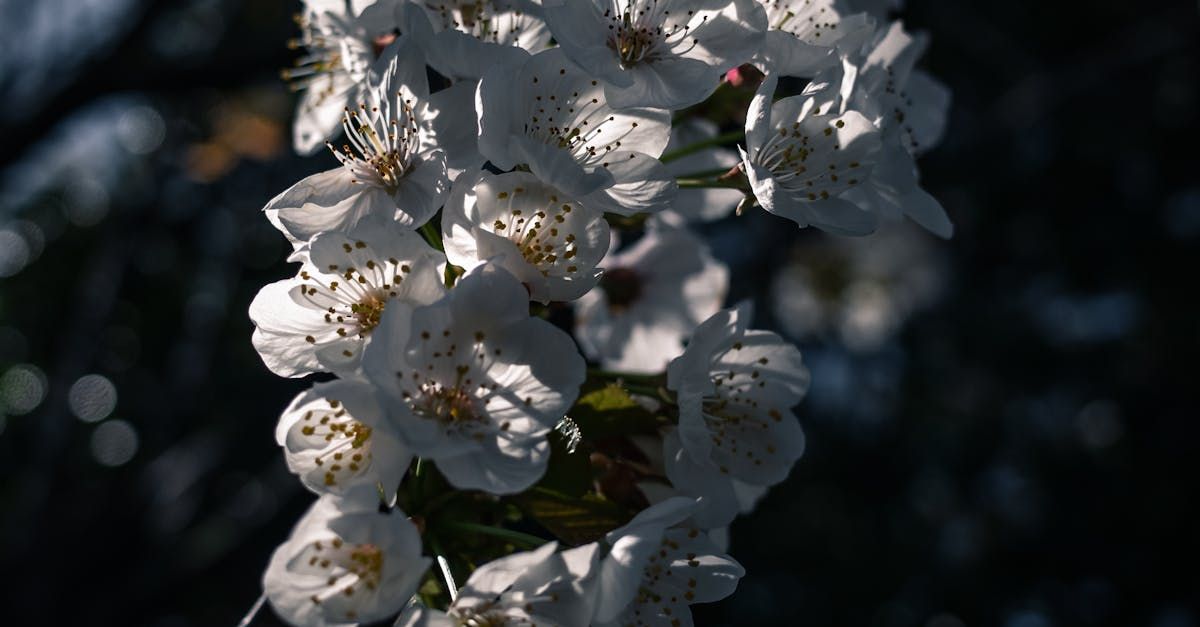Exploring How Cannabis Use Impacts Your Dreams
In the Realm of Dreams: Navigating the Intriguing Connection Between Cannabis Use and Dream Experiences
Cannabis has long been associated with various effects on the mind and body, and one area of curiosity for many users is the potential impact on dreams. In this blog, we'll delve into the relationship between cannabis use and dreams, uncovering whether there's a tangible connection and what it means for those who partake in this widely debated herb.
The Cannabis and Dreams Dynamic:
Cannabis contains compounds known as cannabinoids, with delta-9-tetrahydrocannabinol (THC) being the primary psychoactive component responsible for the plant's mind-altering effects. Some users report alterations in their dreaming experiences when using cannabis, sparking interest in the interplay between cannabinoids and the dream state.
Short-Term Dream Suppression:
One common observation among cannabis users is a reduction in the frequency and vividness of dreams, particularly during periods of regular use. This phenomenon is often linked to THC's impact on the rapid eye movement (REM) sleep cycle—the stage of sleep associated with vivid dreaming. As cannabis use can suppress REM sleep, it may lead to a perceived decrease in dream activity.
The THC and REM Sleep Connection:
Studies have shown that THC can influence the duration and intensity of REM sleep, potentially limiting the time spent in this dream-rich stage. Consequently, users may experience a "dream rebound" effect when they abstain from cannabis, characterized by a surge in vivid dreams during periods of reduced THC intake.
Individual Variability:
It's essential to recognize that the relationship between cannabis use and dreams is highly individualistic. Not everyone who uses cannabis will experience alterations in their dream patterns, and the impact can vary based on factors such as dosage, frequency of use, and individual physiology.
The Importance of Moderation:
For those who value their dream experiences, moderation in cannabis use may be key. Striking a balance that allows for occasional cannabis use without compromising the natural sleep cycle and dream state could be a sensible approach for individuals seeking both the benefits of cannabis and the richness of their dreams.
While there is evidence suggesting that cannabis, particularly THC, may influence dreams by suppressing REM sleep, the extent of this impact varies from person to person. As with any substance, it's crucial to be mindful of individual differences, patterns of use, and the importance of moderation.
As the scientific community continues to explore the intricate relationship between cannabis and dreams, users are encouraged to pay attention to their own experiences and seek a balance that aligns with their personal preferences and well-being. Remember, individual reactions to cannabis can differ, and consulting with a healthcare professional can provide personalized insights based on your unique circumstances.
SHARE:
Disclaimer: The information provided in this article is for educational purposes only. The content is not intended to be a substitute for professional medical advice, diagnosis, or treatment. Always seek the advice of your physician or other qualified healthcare provider with any questions you may have regarding a medical condition. The use of cannabis, including smoking, may have potential health risks and may not be suitable for everyone. It is essential to understand and abide by the laws in your country or state regarding cannabis use. The author and publisher of this article are not responsible for any adverse effects or consequences that may result from the use of the information presented in this article. This blog is sponsored by
Fresh Mint.












